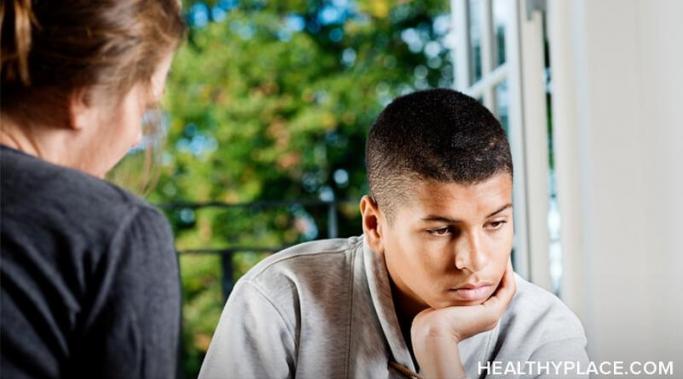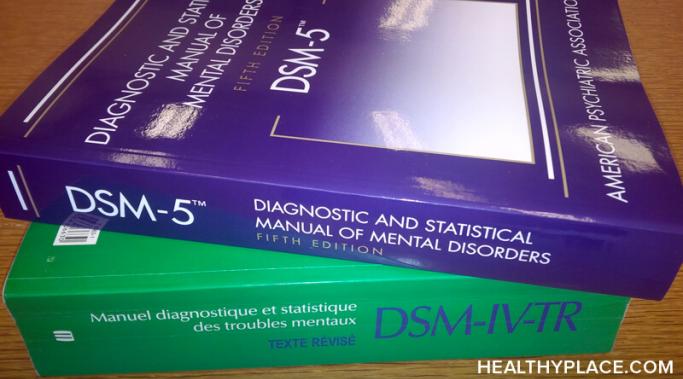Blogs
Developing intimate relationships when you have posttraumatic stress disorder (PTSD) can feel heavy, confusing, and downright terrifying at times. Growing up, I was a hypervigilant child, always trying to keep everyone safe. I didn't feel like I could trust anyone — especially not myself — and so I developed compulsions to forge a sense of control. I'd lock the door several times before bed, sometimes racing downstairs at 2 a.m. to check it was still locked. I'd turn down invites to sleepovers because I felt like I had to be with my parents in order to protect them (from what, I'm not sure). I'd ruminate for hours about the betrayals I'd faced and the roles I played in them. Posttraumatic stress disorder was making itself known in my relationships early.
Have you heard of "main character energy?" It's something that I recently remembered and found useful. I often feel powerless, as if I am a spectator of my own life. This isn't out of the blue: a recent series of events has shown me how cruel life can be for no reason. However, last night, I set aside some thinking time to try and resolve this issue. That's when I remembered main character energy, a social media term coined in 2020. It's a concept that deeply resonated with me, so I revisited it online and spoke about it with my therapist. Here's what I discovered.
Recovering from gambling addiction throws a lot your way, including coping with triggers. You're constantly dodging old habits and navigating a world that sometimes seems designed to trigger cravings. From the countless betting advertisements on your screen to casinos on almost every block, there are so many triggers, and it is so easy to feel overwhelmed. For a long time, these triggers proved too strong for me to overcome. I found myself repeatedly drawn back to gambling, each time promising myself that it was the last. In this article, I'll be sharing some of the strategies that have helped me manage my triggers in gambling addiction recovery.
I live with major depressive disorder. Much like any diagnosis, disability, disorder, illness, and so on, there is a politically correct way to discuss those who have a mental health disorder. Through my research and curriculum development at my job, I learned that the people-first language for mental health uses the phrase "living with." For example, I would say that I am living with major depressive disorder, not that I suffer from major depressive disorder. This is a more appropriate way to describe ourselves and others.
For someone with borderline personality disorder (BPD), a complex emotion like jealousy in relationships can be particularly intense and pervasive. I'm afraid of how jealousy tends to impact my relationships and self-perception. But these days, I strive to question its origins and implications. Here's how I've handled jealousy in relationships with borderline personality disorder.
Learning how to make the shift from rigid to flexible behavior is a crucial part of eating disorder recovery. But I will be upfront about this: I am not a naturally adaptable or flexible person. I consider myself a creature of habit, someone who finds comfort in strict routines and stable environments. I structure my life in precise, meticulous detail—from the location in my house where I work, the times I eat and exercise, to the number of steps I take on a daily basis. Therefore, shifting from rigid to flexible behavior in eating disorder recovery is no simple task.
Comments about verbal abuse can help or hurt. People can be generally helpful, even when they hear of a verbally abusive relationship. They may offer words of support or advice they think are beneficial to the situation. Often, these people mean well, but sometimes, their comments about verbal abuse are not helpful or well-received. There can be a fine line between supporting a victim of verbal abuse and minimizing their experience.
Recently, I got my blood levels tested for a schizoaffective disorder medication I’m taking. My levels were slightly low. Let me tell you why it’s important that I get my blood levels tested regularly for this particular medication for my schizoaffective disorder.
Living with mental illness doesn't make you weak. If anything, it requires immense strength to fight a war in your mind, one that nobody can see. It's stigma that reinforces the idea that mental illness makes you weak.
When I'm anxious, one of the hardest things to do is to stop overthinking. After all, this seems to be what anxiety is about, beyond, of course, the physical symptoms. Anxiety causes you to worry about what you are experiencing stress about. Therefore, you end up overthinking about the situation and about various scenarios. It's hard to stop overthinking.










You are absolutely correct when you said, "They're still going to act like people." People are people who will act in ways we wish they wouldn't -- even the ones closest to us. That statement can be a large pill to swallow, yet it is one that we need to get down if we want to sustain our mental health. I have a specific page in my journal that lists things I can control and can't. I often look at it to remind myself that I can't control other people's actions, choices, or feelings.